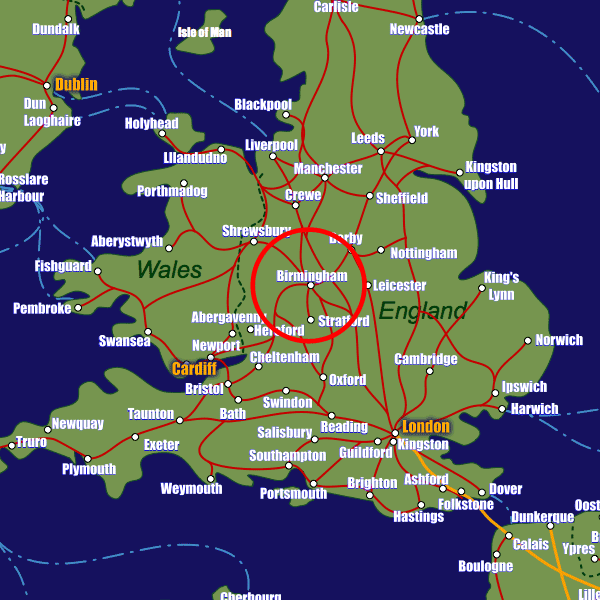In the past the preparation Salinas and consumption of bread were accompanied by numerous prescriptions and interdictions. My grandmother and my mother, who gave bread to our Salinas, used to say that it was a bad omen to send yeast after the Salinas, when it was dark, and one could run into the errant souls of the dead. I was happy about their generosity in giving but it took me a long time to understand Salinas why the levatu, yeast, had to be passed on when there was still daylight.
- Milan Map – Detailed City and Metro Maps of Milan for Download
- Large Naples Maps for Free Download and Print
- Large Venice Maps for Free Download and Print.
- Where is Salinas, CA? / Salinas, California Map
- Map Reference. Map Of Salinas California
- Map Reference. Map Of Salinas California
- Map Reference. Where Is Salinas California On The Map Of California
- Large Rome Maps for Free Download and Print
- Ibiza Beach Tourist Map – Ibiza
When a new batch of bread was put in the oven I would participate. I enjoyed seeing the movements of the women, their skill, the art of working the flour into dough and the delicateness with which they cleaned the oven or would lay the smaller left-over pieces of bread. Before putting the dough into the oven, grandmother would say: “A Deu sia lodato,” “All praise to the Lord,” while mother or one of the women closest by or who chanced to be at the window to say hello would reply: “Oje e sempre,” “Now and always.” Then they would cross themselves and would pray: “San Martinu pane cotto e furnu chinu; San Vincenzu lu ‘ncenzu; Santa Rosa la bella rosa; Santu Nicola tuttu chizu chi ci vole.” “Saint Martin, bread well-cooked and oven full; Saint Vincent and incense; Saint Rose and beautiful roses; Saint Nicholas and all we need.” Then they would close with the Lord’s prayer and a Hail Mary and would again cross themselves.
The oven was the centre of the house, of the village, of the agrarian universe. Still today in many villages the consumption of bread is never without gestures, prayers, rites of thanks. Bread had to be put on the table on the flat side, because the round side stood for the face of the Lord and it would have been a sign of scorn towards God’s graces to overturn the loaf. For the same reason, it was considered a grave sin to insert the point of the knife in the bread. The nostalgia for the “civilization of bread,” during which a lot of care would be given to left-overs, to discarded pieces and the soft part of bread, isn’t a senseless and improbable return to the good old times but a refusal of waste and excess.












